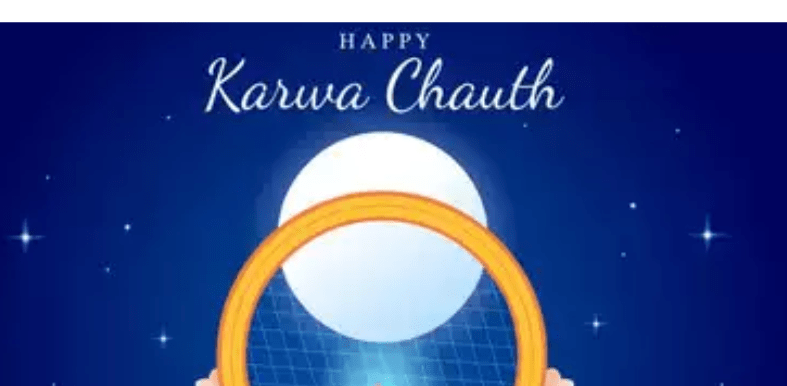Karva Chauth special: How the tradition of fasting by women for their husbands started

MANDI: Sunday (October 20, 2024) marks Karva Chauth, a significant festival when married women observe a fast without food and water (nirjala vrat) for the long life of their husbands.
This age-old tradition involves the worship of Goddess Chauth and has been passed down through generations, symbolising love and devotion.
Significance and timing of festival
Karva Chauth is celebrated on the fourth day of the Krishna Paksha (waning phase of the moon) in the month of Kartik. This year, it falls on October 20, 2024 (Sunday). According to the Hindu calendar, the Krishna Paksha Chaturthi Tithi of Kartik will begin on October 19, 2024, at 6.16 pm and conclude on October 20 at 3.46 pm. Married women across the country will observe this fast, praying for their husband’s well-being, happiness and longevity.
Also Read:https://thenewzradar.com/himachal-govt-invites-applications-for-jobs-in-dubai-abu-dhabi/
Essential rituals of Karva Chauth
•Sargi: The Pre-Dawn Meal
The day begins with Sargi, a meal provided by the mother-in-law to her daughter-in-law, consisting of fruits, sweets, clothes and cosmetics. Women are advised to wake up early, bathe, wear clean clothes and seek blessings from their elders before receiving Sargi and commencing their Nirjala fast.
Newly married women consider their first Karva Chauth fast particularly important. On this day, they adorn themselves with jewellery and make-up and wear red clothing, which is considered auspicious. Applying henna on hands is also customary.
•Baya: Gifts from maternal home
Just as Sargi is given by the mother-in-law, gifts from the woman’s maternal home, known as Baya, may include sweets, clothes and various other items.
Also Read:https://thenewzradar.com/grand-meeting-of-2-brother-deities-captivates-devotees-at-kullu-dussehra-festival/
Breaking fast a sacred ritual
As the evening approaches and the moon rises, women perform the rituals to break their fast. This involves worshipping the moon and then drinking water offered by their husbands. Following this, they consume the prasad (offerings) before enjoying their meal. The rituals are often accompanied by the recitation of the traditional Karva Chauth story, which holds immense significance in completing the fast.
The legend of Karva Chauth
The origins of Karva Chauth are rooted in ancient mythology. According to the legend, a devoted wife named Karva possessed divine powers due to her love for her husband. When a crocodile attacked him while he was bathing in a river, Karva invoked Yama, the god of death, pleading for her husband’s life. Her unwavering devotion forced Yama to relent, returning her husband to life and sending the crocodile to Yamlok (the realm of the dead). Thus, the fast of Karva Chauth was established on the fourth day of the waning moon in Kartik.
Also Read:https://thenewzradar.com/unhappy-with-cm-sukhu-several-congress-leaders-looking-to-join-bjp-says-mp-harsh-mahajan/
Another inspiring tale: The story of Savitri
On Karva Chauth, the story of Savitri is also recounted. Savitri’s husband Satyavan was destined to die, and when Yama came to claim his soul, Savitri pleaded for his life. In her desperation, she observed a fast, mourning besides her husband.
Moved by her devotion, Yama granted her a wish, and Savitri cleverly asked for the blessing to bear many children, indirectly ensuring her husband’s return to life. This tale has contributed to the observance of the nirjala vrat on Karva Chauth.
Karva Chauth represents more than just a day of fasting; it embodies the deep love and commitment between married couples. As women prepare to observe this auspicious day, they not only uphold cherished traditions but also reinforce the values of devotion and sacrifice that have been celebrated throughout generations.




